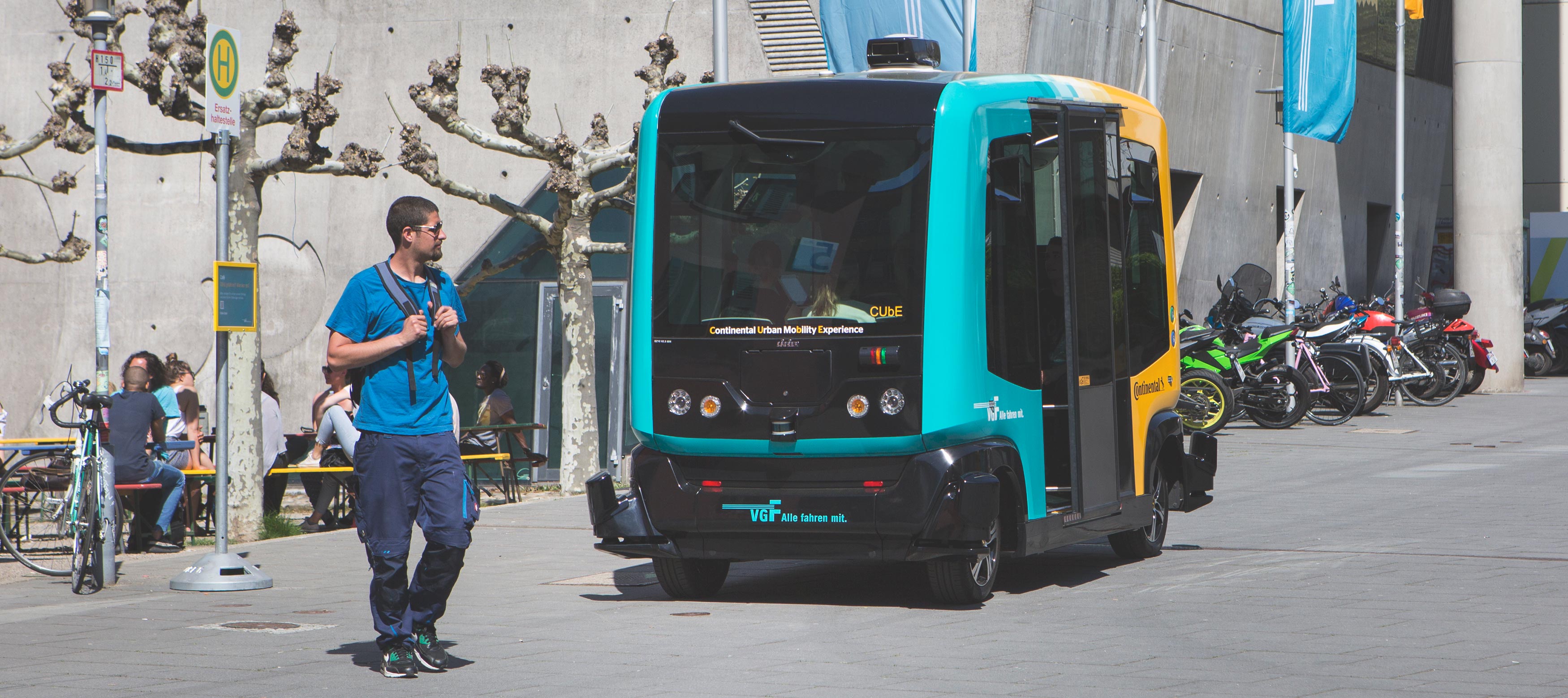
The early adopters
For sure, the 80’s early adopters on Wall Street (think Gordon Gecko) were happy to pay the exorbitant price for a mobile – back then they were a status symbol.
The early ‘mobile’ was expensive and unattractive, sporadic in its usefulness due to the lack of needed infrastructure (satellites etc.) and it simply wasn’t something that everyone could afford, or even access.
Fast forward more than thirty years and now everyone has a mobile phone. The technology has become accessible and affordable and its support systems are equally as reliable. But I think it is safe to say that it took a good twenty or thirty years for people to become common-place.
What this means for autonomous vehicles.
Now apply this precedent to autonomous vehicles. Whilst everyone is in the race to be the first to get an autonomous vehicle to market, I honestly don’t think it’s going to be common-place for at least another twenty to thirty years.
Here are a few reasons:
- For starters, they’re not cheap and only a small section of society will have early access to this type of transport
- Early adopters will most likely be urban-based large organisations and well-off individuals.
- They’re not for everyone, certainly not yet. For example, why would a farmer want an autonomous tractor? Why would you want an autonomous bike if you want exercise?
- At SMEC we’re in the process of understanding what our infrastructure and cities of the future will need to do to ‘talk’ to smart-cars. Although we know a lot more than most, there is still a long way to go before they’re accessible to all.
I know it’s boring, but it’s realistic…and here’s the thing, lots of people agree.
The media has certainly latched on to the autonomous vehicle concept and it’s captured peoples’ imaginations. But the truth is that whilst owning an autonomous car is aspirational dream, I don’t think it has been fully thought through by most.
So, it’s business as usual… for the time being.
Whilst the car world, marketing gurus and media would like you to believe we will all own an autonomous vehicle in just a few years, a more likely scenario is that Mobility as a Service (MaaS) will become commonplace. You can read my blog about Maas here.
Engineers, policy makers and lawyers are already predicting saturation levels of autonomous vehicles and guessing when will we have 20%, or 40% or even 100% saturation.
In a perfect world, with massive investment by Government, industry and with a perfect global financial climate, we could achieve 80% in as little as five to 10 years… but that’s in an ‘ideal world’.
In my view, it is almost impossible to reach 100% and we might get to the 80% saturation mark in around twenty or so years. Case in point: plenty of people still don’t own, or have access to, mobile phones.
So, I think it remains business as usual on planet earth for the immediate future. In the mean time we should adopt a realistic understanding of, and pragmatic approach to, these new technologies.
Related
insights
 70 Years Forward: A fork in the road
70 Years Forward: A fork in the road
Engineers need to be thinking about how to cater for a new wave of transportation that’s coming to our roads: autonomous cars. David Freer, Technical Principal Transport Planning, explains why it’s not as far off as we think, and why we need to be future-proofing our roads.
 70 Years Forward: Urban communities
70 Years Forward: Urban communities
Urban development has changed dramatically over the past 20 years and future transformation will continue to occur swiftly. At SMEC, we are preparing for seismic shifts in urban development practices that could potentially rewrite how we design the spaces in which we live and work.






